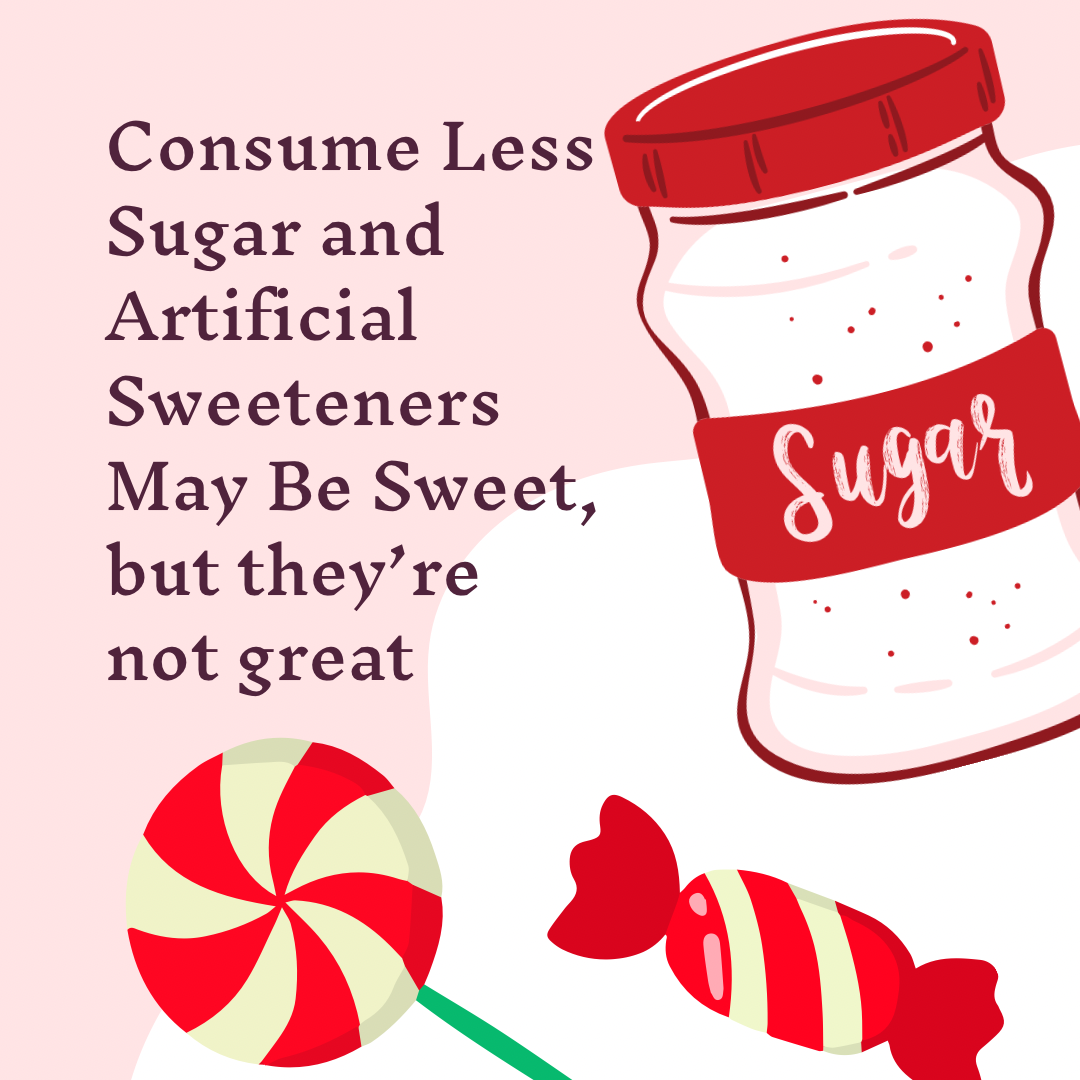The Hidden Dental Risks of Artificial Sweeteners
When it comes to oral health, sugar is widely recognized as a primary culprit in tooth decay and other dental issues. This has led many to turn to artificial sweeteners as a seemingly safer alternative. However, recent studies and dental expertise suggest that these sugar substitutes might not be as tooth-friendly as once thought. Let's delve into the complex relationship between artificial sweeteners and dentistry.
1. Understanding Artificial Sweeteners
Artificial sweeteners, such as aspartame, sucralose, and saccharin, are synthetic sugar substitutes often used in a variety of food products to provide sweetness without the calories. They are found in diet sodas, sugar-free gum, and a multitude of light or diet versions of food and beverages. Initially hailed as a dental health boon, these sweeteners are now being scrutinized for potential oral health risks.
2. Acidity and Tooth Enamel
Many sugar-free products, particularly soft drinks and fruit juices, are high in acid. While these beverages may not contain sugar, their acidic nature can still erode tooth enamel. This enamel erosion makes teeth more susceptible to decay, regardless of the presence of sugar.
3. The Role of Bacteria
The bacteria in our mouths metabolize sugars, producing acids that can damage tooth enamel. Some believe that because artificial sweeteners aren’t sugar, they don’t affect oral bacteria the same way. However, this doesn't consider that maintaining a balanced oral microbiome is crucial for dental health, and artificial sweeteners can disrupt this balance.
4. Dry Mouth Concerns
Certain artificial sweeteners can cause a reduction in saliva flow, leading to dry mouth. Saliva plays a vital role in neutralizing acids and repairing early tooth decay. A decrease in saliva not only increases the risk of cavities but also can lead to bad breath and gum disease.
5. Behavioral Factors
Choosing artificial sweeteners over sugar doesn't automatically translate to better dental health. For instance, someone might consume more of a sugar-free beverage assuming it's 'safe' for their teeth, which can lead to increased exposure to acids and other harmful substances.
6. The Need for More Research
While the current evidence suggests potential risks, more research is needed to fully understand the long-term effects of artificial sweeteners on oral health. Dental professionals are increasingly interested in how these substitutes interact with the teeth and gums.
7. Recommendations for Dental Health
Dentists generally recommend moderation when it comes to foods and beverages with artificial sweeteners. Additionally, maintaining good oral hygiene practices, such as regular brushing and flossing, and routine dental check-ups, is vital for oral health, regardless of the type of sweeteners consumed.
Conclusion
The relationship between artificial sweeteners and dental health is complex and multifaceted. While they offer a calorie-free alternative to sugar, their impact on oral health should not be overlooked. As with many dietary components, moderation and a well-rounded approach to oral hygiene are key to maintaining a healthy smile

